A myriad of changes are in store for the 2019/20 Premier League season, as a raft of new rules are set to be introduced to the English top flight.
The game’s lawmakers have rung in the changes ahead of the new campaign as along with the introduction of VAR, the International Football Association Board (IFAB) have approved a host of new rules.
While some adjustments can often leave you pulling your hair out of frustration as you look for the powers that be to leave the game alone, here’s hoping the new changes will prove to be positive ones which make for easy interpretation.
As we all know VAR will cause enough controversy as it is…
The new rules came into effect at the start of June and will be put into action for the first time in the English top flight when Liverpool kick off the new Premier League campaign against Norwich on Friday.
Here are the 10 new laws to look out for at the start of 2019/20.
Free-kicks
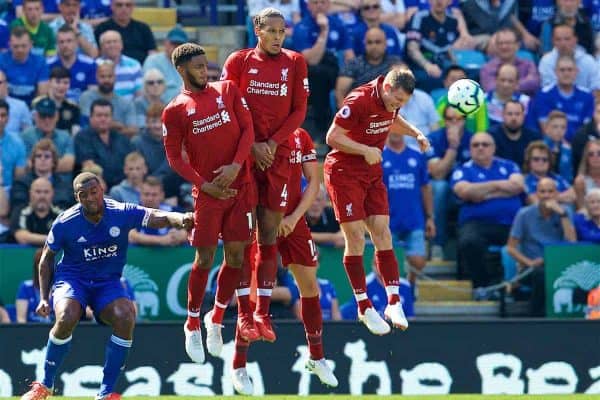
The defensive wall setup for a free-kick has thrown up a number of interesting strategies and tussles over the years, but that is now a thing of the past.
From this point onwards when the defensive team sets up a wall that has three or more players, the attacking team are prohibited from being within one metre of the wall.
If the referee deems that the attacking team has encroached on the space, then the offence will be penalised with an indirect free-kick.
IFAB have sought changes as the presence of attackers in the wall “is against the spirit of the game” as it “often wastes time and causes management problems.”
The change will come as a welcome sight for goalkeepers who will minimise the distractions in front of them, but it will see a greater threat from attackers as they will now take up a different position in and around the goal.
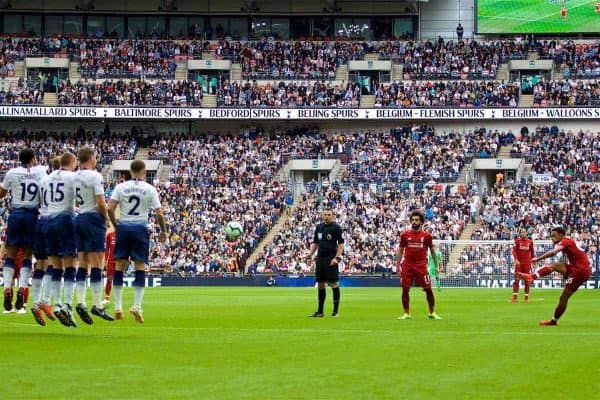
For quick free-kicks, however, if the referee is about to show a yellow or red card and the non-offending team takes a quick free-kick and creates a goalscoring opportunity, the referee can delay the showing of the card until the next stoppage.
Previously, the caution or red card would have to be shown to the offending player prior to the free-kick.
However, if the referee has distracted the offending team by starting the disciplinary action, a quick free-kick will not be allowed.
Moreover, if it was going to be a red card offence for denying an obvious goalscoring opportunity but the non-offending team opted to move on quickly, then the player will only be cautioned as the team elected to restart their attack.
Handballs
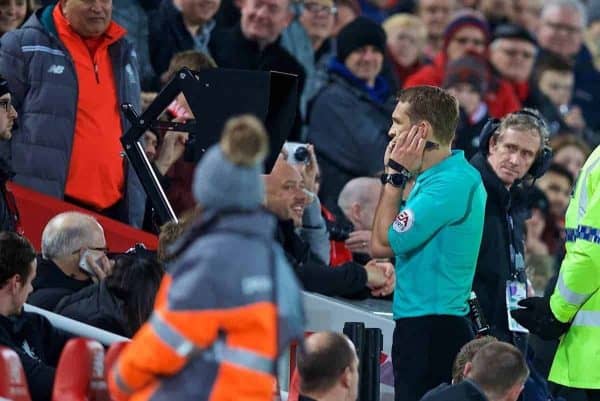
One of the more hotly debated areas of the game, regarding accidental handballs, has attempted to be cleared up by IFAB.
There’s been no drastic change to the rules as a deliberate handball remains an offence across the pitch, with a player’s arms or hands above their shoulder or the bid to make their body “unnaturally bigger” still forbidden in the rulebook.
But now, even if it was accidental, no goal will be awarded if scored directly from the hand/arm of the attacker and a player will be penalised if they acquired a goalscoring opportunity or an advantage by first controlling the ball with the hand/arm.
The introduction of VAR will no doubt serve as a major resource to keep watch on these particular incidents, with the referee unlikely to spot every infringement.
Additionally, if the goalkeeper makes an attempt to clear a throw-in or a back pass and their clearance fails, they can then handle the ball “without committing an offence” because a previous attempt to release the ball into play “shows no intention to handle the ball.”
Despite the attempts to clarify the situation, it is unlikely that we will be without further controversy and debate surrounding this topic for long.
Drop-balls
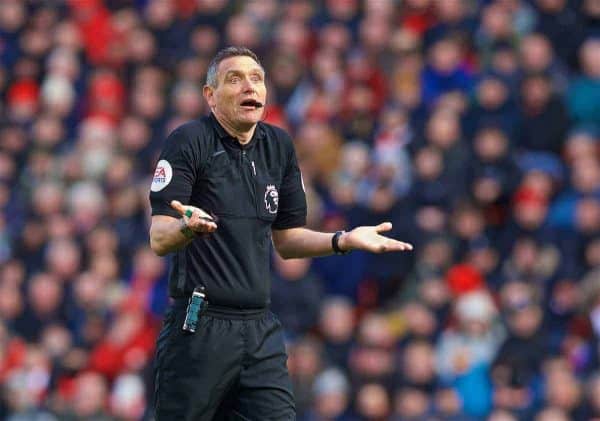
This has always been a head-scratcher in modern-day football as rarely do players still kick lumps at one another in attempt to recommence play, and after being slowly weaned out of the game it is now been all but eradicated.
Now, if the play is stopped for any reason the ball will be dropped to a player of the team that last touched the ball in the same position of said last touch.
All other players not in possession of the ball must be at least four metres away.
Should play stop inside the penalty area then the ball will simply be dropped to the goalkeeper, even if the attacking team had the ball when the game was halted.
Notably, should the ball touch the referee and result in the other team gaining possession or result in a promising attack—like we saw against Man City at Wembley—or if the referee accidentally scores a goal, a drop ball will be awarded.
Substitutions
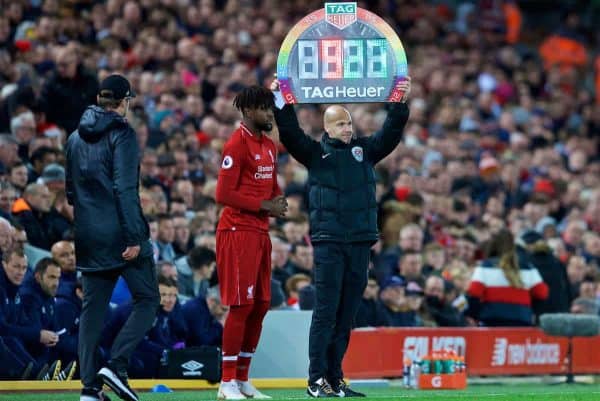
In an attempt to minimise time-wasting which is rampant across the league and in football generally, players who are being substituted must now leave the field of play at the nearest touchline or by-line.
The only exception to the rule is if the referee themselves indicate that a player can leave via the halfway line or another point due to injury or safety reasons.
All players must go directly to the technical area or dressing room and anyone who “infringes the spirit of this law” will be cautioned for unsporting behaviour.
Those painfully slow walks to the bench will not be missed.
Goal-kicks
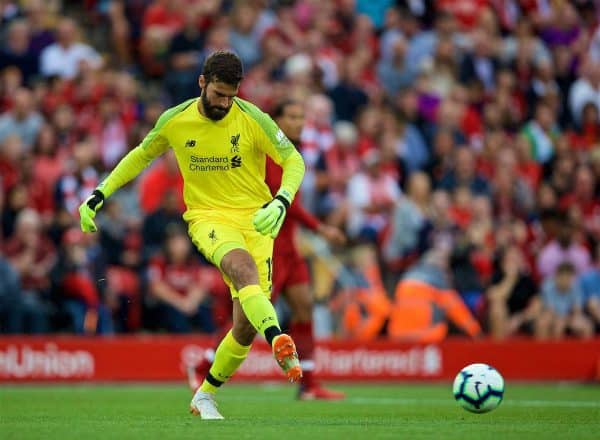
One of the biggest rule changes comes to how goalkeepers can now dispose of the ball from a goal-kick.
Previously, players of both teams had to be outside of the penalty area for a goal-kick with the ball not deemed to be live until it moved beyond the perimeters of the box—and it would have to be retaken if it was touched before that point.
Now, however, in bid to stop time-wasting or a purposeful restart, goalkeepers can play to a team-mate inside the penalty box.
Opponents will only be allowed to encroach on the area once the ‘keeper is no longer in possession.
It will come as a welcome change for Liverpool as they are one of the teams who encourage a quick start through Alisson, who lays the ball onto the defenders or midfielders, enabling them to attempt catch the opposition off guard at the first opportunity.
Penalties
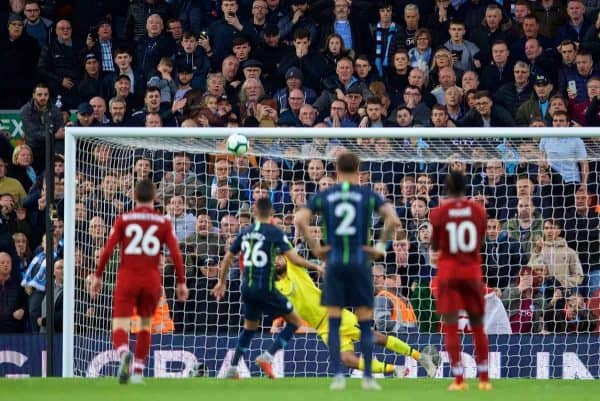
It’s another change for goalkeepers, this time in the form of what they are allowed to do when shaping up to face a penalty.
No longer will we see a series of weird and wonderful techniques which look to distract and put off the penalty taker as ‘keepers cannot touch the goal frame or net, make or feign any movement and they must have at least one part of their foot on or in line with the goal-line.
As always, they cannot stand in front of or behind the line.
The rule caused a farce and received widespread criticism during the Women’s World Cup as goalkeepers were punished for the smallest of margins through VAR.
But the Premier League have already stated that only on-field officials will be ruling on the matter.
It will be interesting to see how the league officials enforce the rules and how lenient they will be with both movement and their position in relation to the goal-line.
Cards for Team Officials
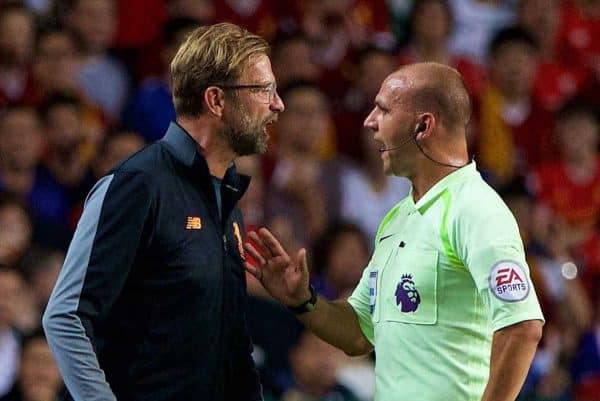
From this season onwards players will not be the only ones subject to yellow and red cards as any team official deemed to be guilty of misconduct can be handed a caution or sent off.
If the guilty party cannot be identified, the senior coach in the technical area at the time of the offence will receive the card.
The rule will come as a warning for the more outspoken managers in the division so Jose Mourinho may be thankful he is no longer around.
Four yellow cards picked up through the season will trigger a one-match touchline suspension, eight will collect a two-match ban, 12 will result in a three-game absence whereas 16 would culminate in a misconduct charge.
Pep Guardiola was cautioned for his attention-seeking protests in the Community Shield, but it did not count as a competitive game.
Other Minor Changes
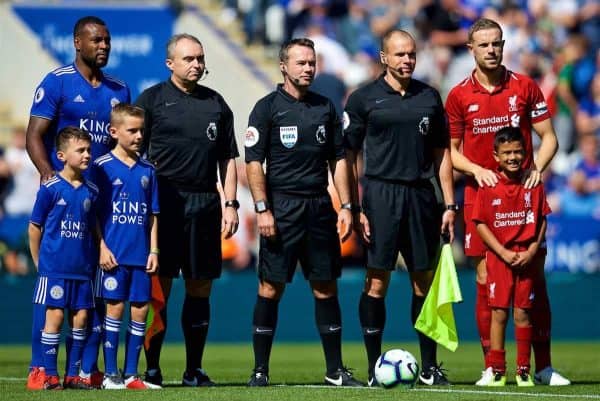
You didn’t think that was all the changes did you?
Coin toss: The team that wins the toss will now be able to choose whether they take the kickoff or which end of the field they would prefer to attack first.
Previously, teams could only choose which goal to attack.
Goal celebrations: A yellow card will now apply to players who partake in an “illegal celebration” (e.g. removing jersey) even if the goal is disallowed, as “the impact (safety, image of the game etc.) is the same as if the goal was awarded.”
Scoring from a ‘keeper’s throw: If the ball was to end up in the opposition’s net from a goalkeeper throw a goal-kick will be awarded.
Now, this is just an attempt to squeeze the fun out of the game, isn’t it?
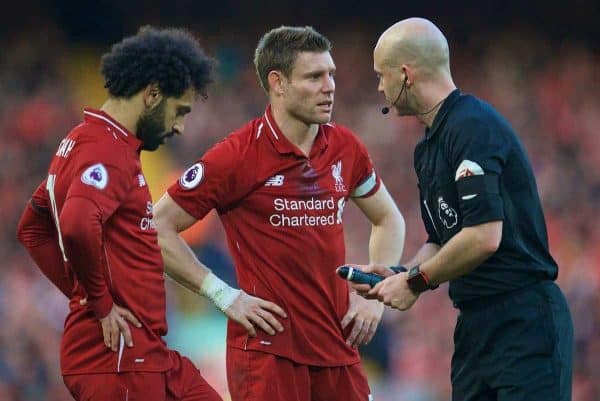






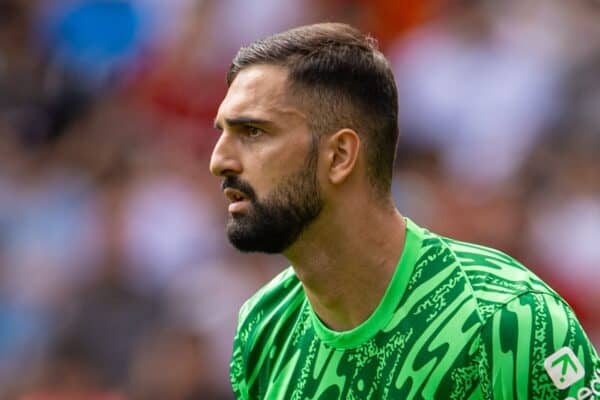




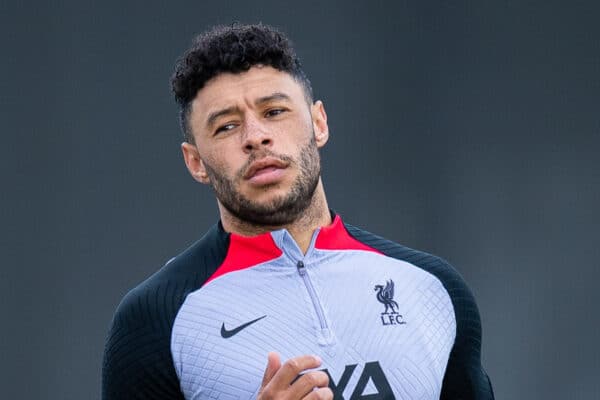





Fan Comments